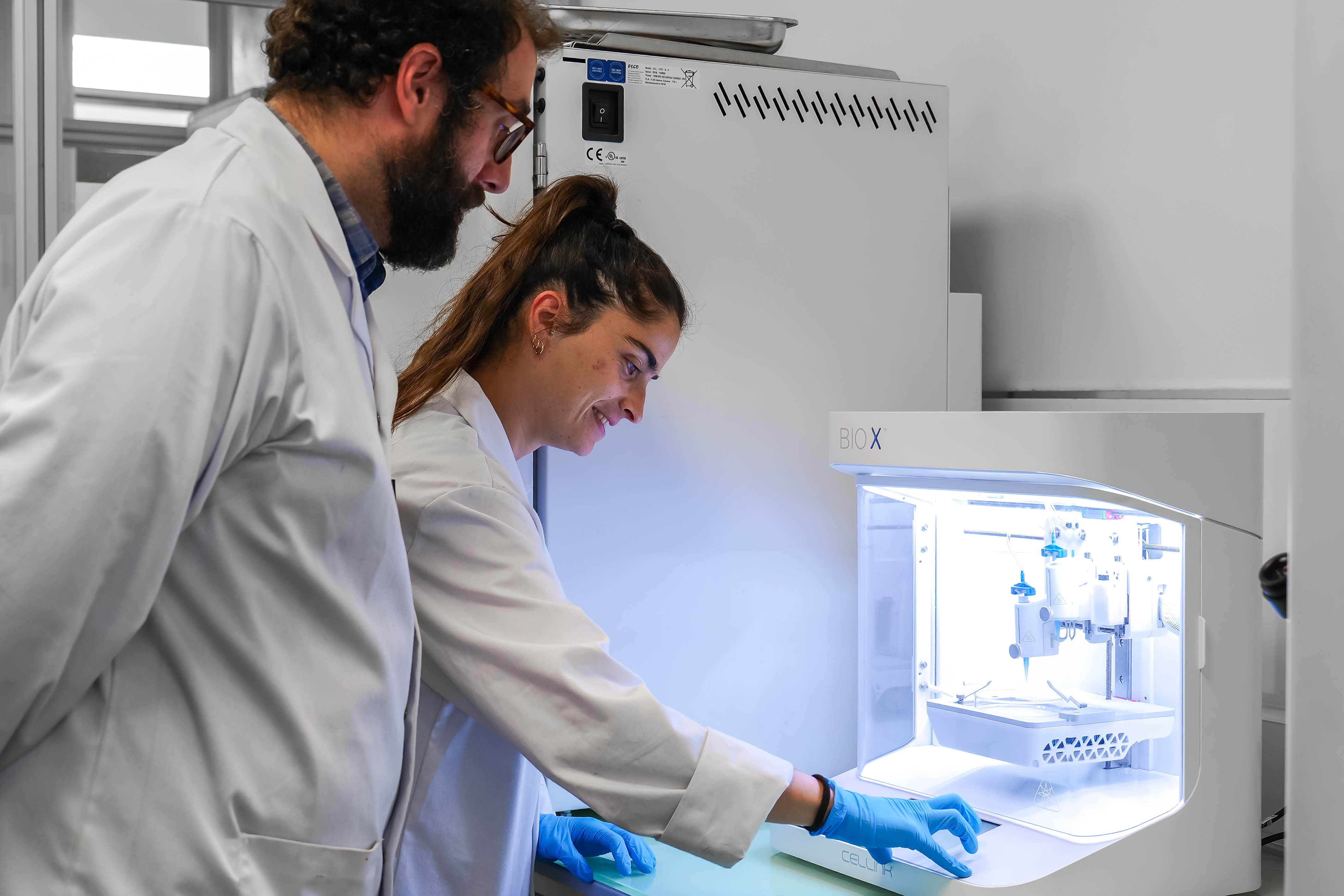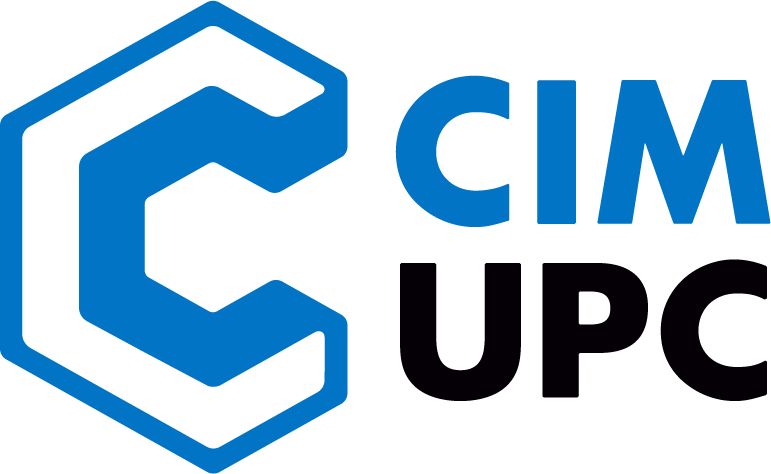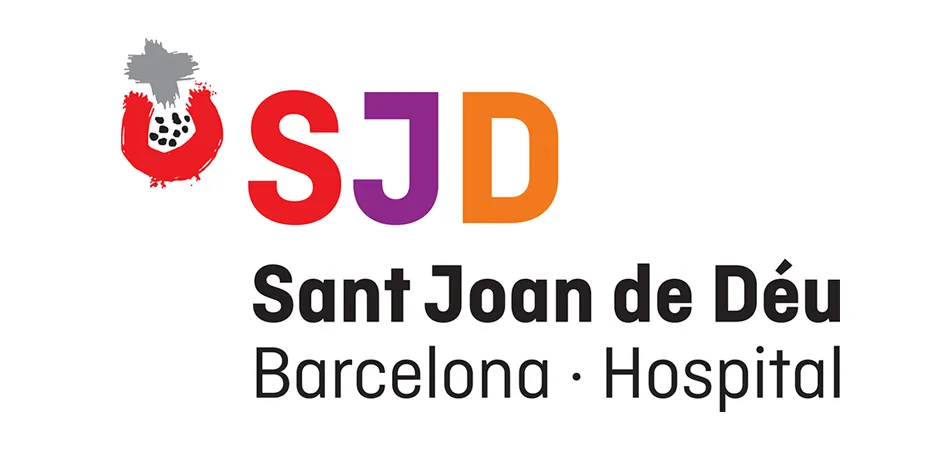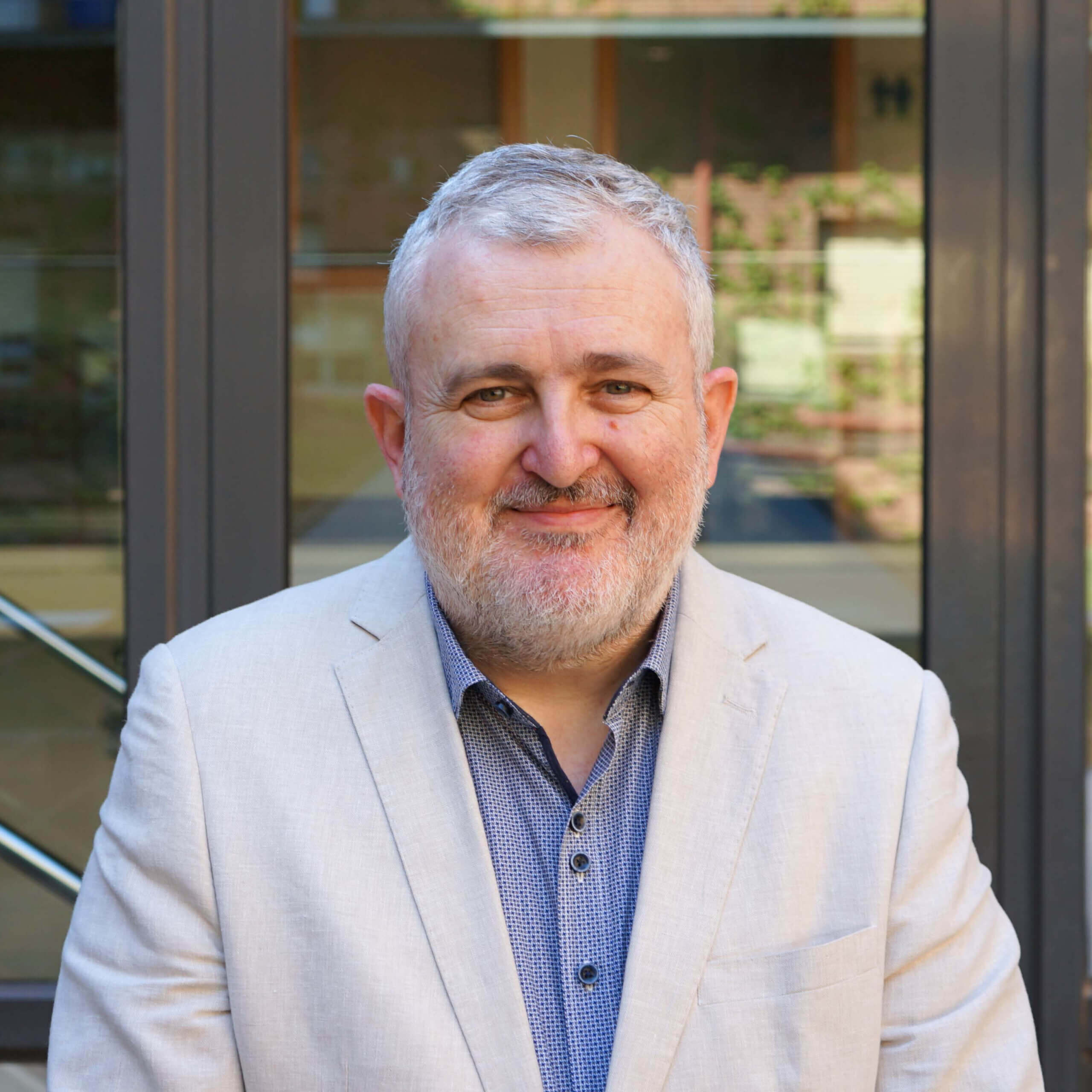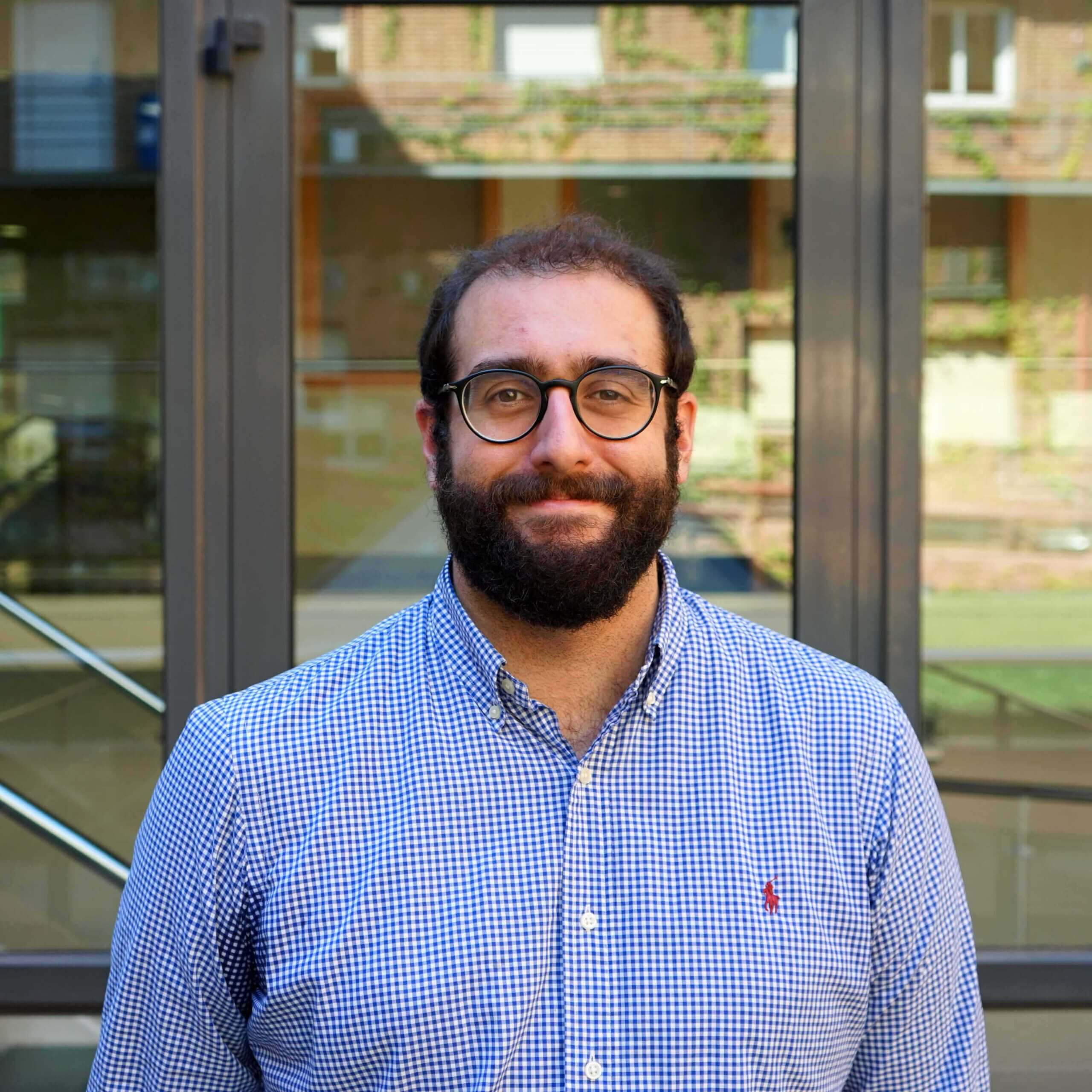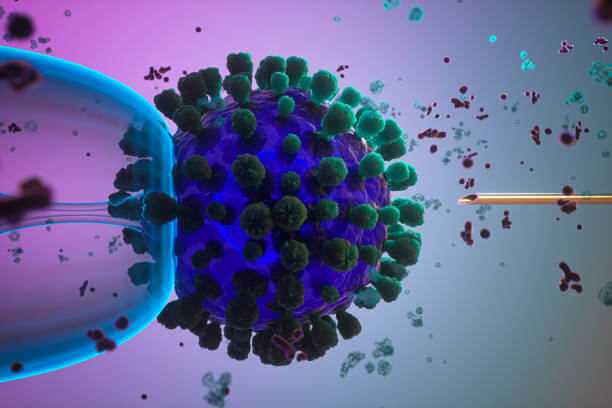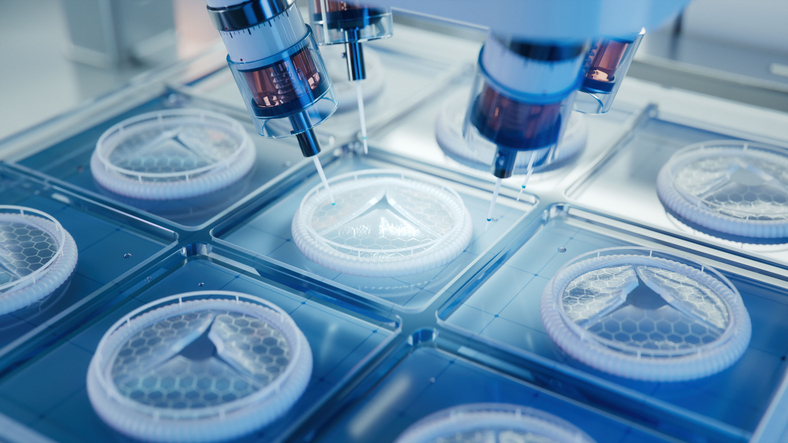IQS has received funding to carry out the 3D-Cartibone project, a pioneering initiative in the development of bioinks from substances of human origin (SoHO) for osteochondral regeneration.
The Materials Engineering Group (GEMAT) at IQS has received funding in the call for grants for public-private collaboration projects from the State Research Agency (AEI) 2024, to carry out the 3D-Cartibone project, a pioneering initiative focused on developing bioinks from substances of human origin (SoHO) and their application as advanced therapies to regenerate the osteochondral junction, cartilage and bone, in complex injuries such as those affecting the knees or jaw.
These AEI grants aim to promote collaboration between R&D agents and companies, offering an opportunity to achieve the execution of innovative projects with technology in tandem with the market.
Development of bioinks for 3D printing
3D printing has become an essential feature in personalized medicine, making it possible to produce models that accurately replicate the complexities of human tissues. One of the challenges this field faces is the availability of biocompatible materials that can address real clinical needs.
Specifically, the 3D-Cartibone project will study how the use of substances of human origin (SoHO) derivatives – such as collagen and extracellular matrices – can control cellular behaviour within multilayer structures that reproduce the architecture and mechanical properties of osteochondral tissue, one of the greatest challenges facing regenerative medicine. These SoHO bioinks can improve reconstructive surgeries such as cartilage repairs, one of the most common procedures that presents a long list of drawbacks both in terms of surgery and postoperative healing.
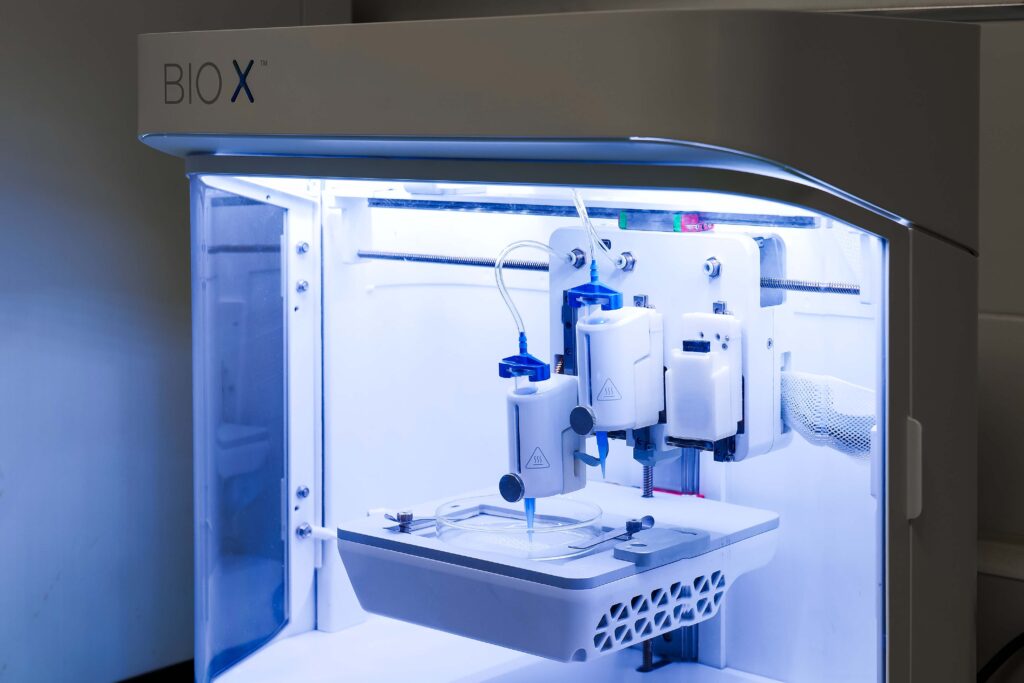
Within this project, the IQS GEMAT group, led by Dr Robert Texidó Bartés and Dr Salvador Borrós Gómez, will be responsible for designing the bioinks and their biofabrication. The 3D bioprinting experts with the Materials Engineering Group (GEMAT) at IQS are collaborating with a consortium that includes the entire value chain in the development of bioinks: the CIM – UPC centre for manufacturing technology, the Blood and Tissue Bank (BST) for obtaining substances of human origin derivatives, and the Sant Joan de Déu Hospital, a leader in paediatric innovation.
With the 3D-Cartibone project, IQS is demonstrating its leadership in the field of biomaterials and advanced therapies. This line of research combines basic research with a clear translational orientation designed to generate technology that reaches clinical practice, optimize the surgical process, and accelerate patient recovery.











